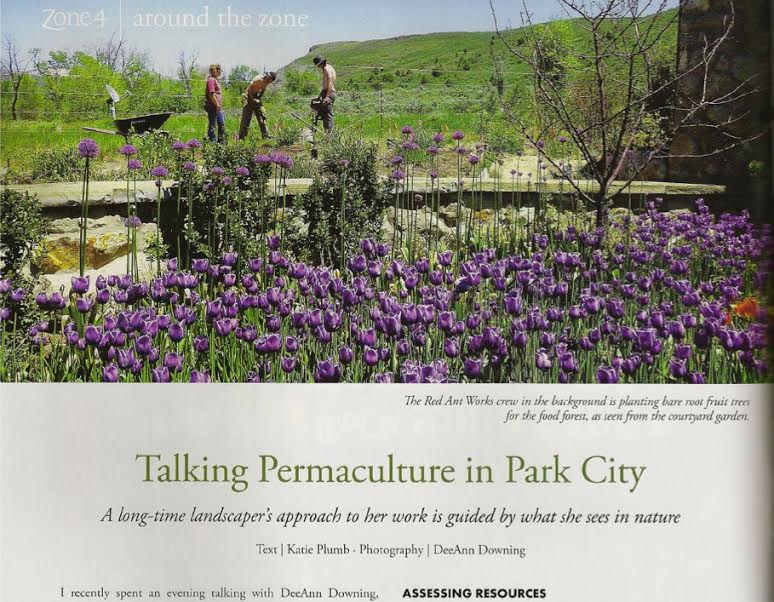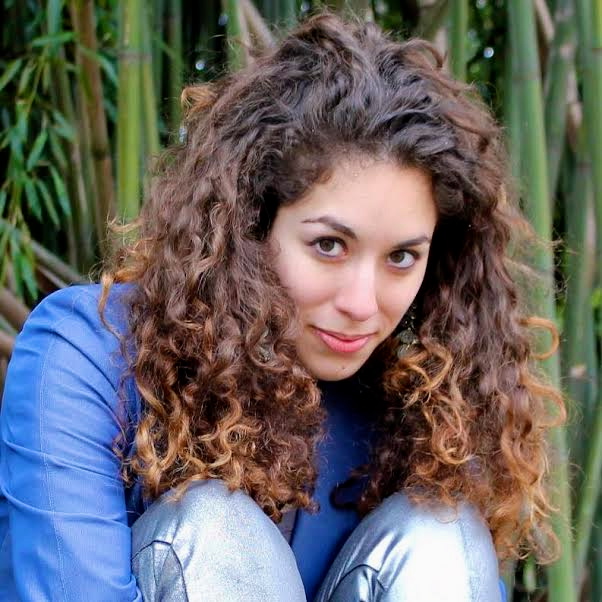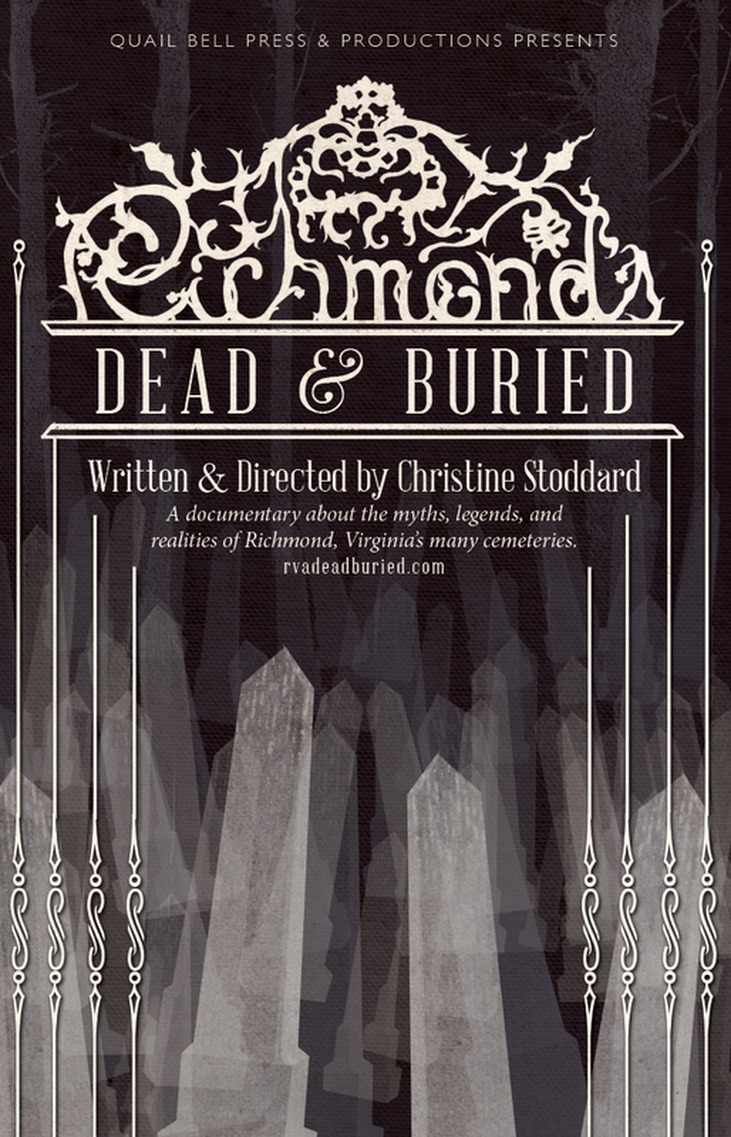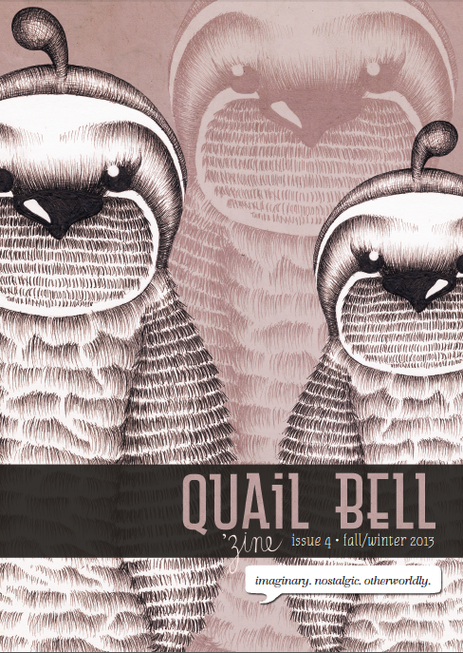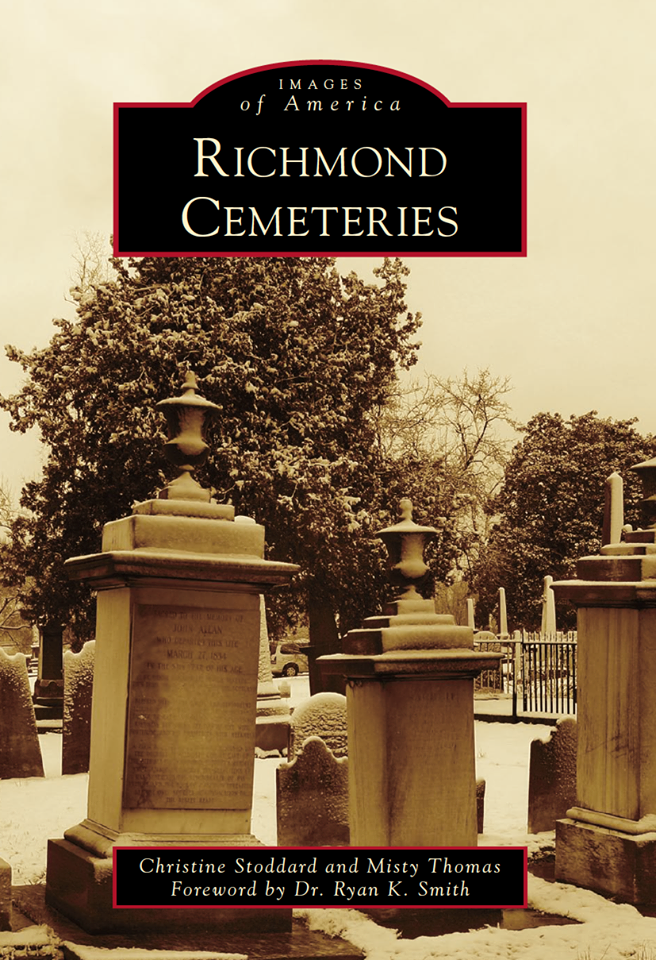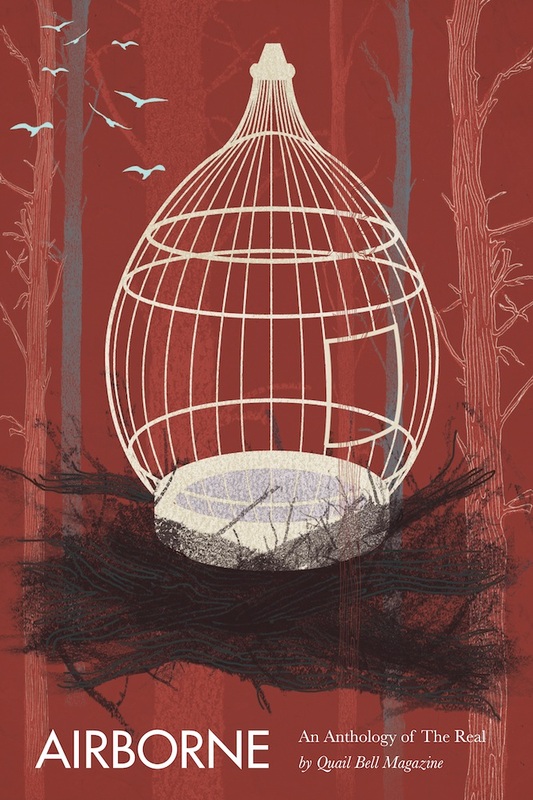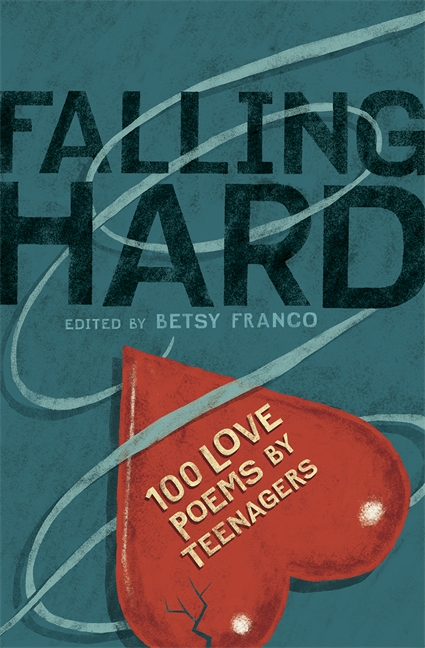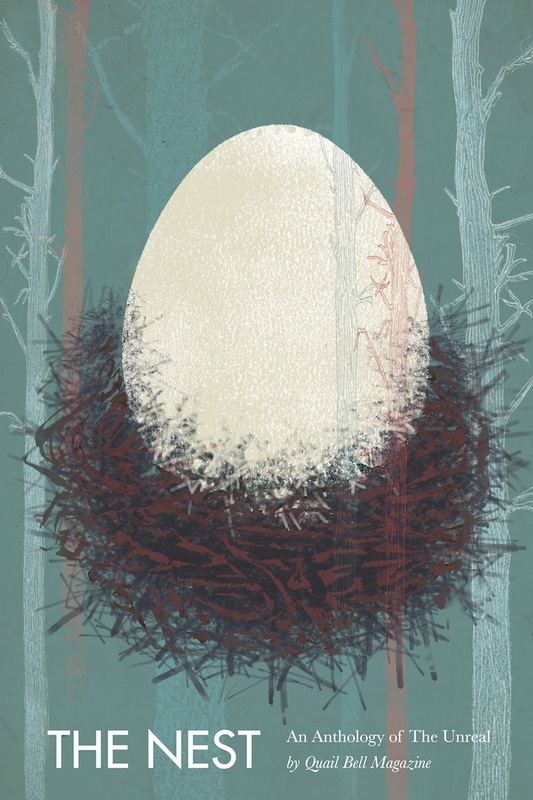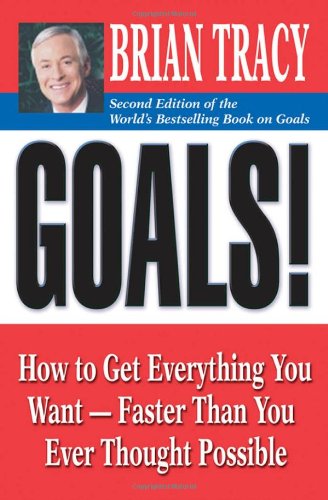Name: Megan Falk
Age: 29
College & Majors/Minors: B.A. English: Creative Writing, with a focus in Womens’ Studies
Current Location: Cincinnati, OH
Current Form of Employment: Direct Response Marketing Coordinator for a non-profit organization
Where do you work and what is your current position?
I work full-time for The Salvation Army Divisional Headquarters as Direct Response Marketing Coordinator. My job is largely encompassed by creating and editing content for direct mailings, as well as creating and updating websites to promote special events.
Tell us about how you found your first job, and how you found your current job (if different).
My first job straight out of college was as an ESL instructor in Seoul, South Korea. At the time, I was blissfully afflicted with wanderlust and the job market was dismal, so teaching English seemed to be the perfect fit. A friend of the family had been teaching in South Korea for years and although I enjoyed his anecdotes and stories he told during his state-side visits, I wanted to see it all for myself!
After completing the lengthy application and applying for my passport, I had to answer a few essay questions regarding my aspirations in English and undergo a phone interview (Skype had only just launched and was still quite unknown!). I lived in Seoul for one year and massively enjoyed balancing work and play.
An acquaintance assisted me with acquiring my current job in the non-profit sector. She had been promoted and asked me if I knew of anyone who would be interested in her former position; I jumped at the chance. I had always been told that working for a non-profit was very rewarding and I can honestly attest that it is and continues to be!
What was another writing-related job that was important in your career?
When I returned to the U.S. after a year teaching abroad, I took on a job as a teacher’s aide at a special needs elementary school. Although most of my day consisted of working one-on-one with students, I was given the opportunity to assist a colleague with creating content for the school’s new website. I relished the opportunity to put my writing skills into action while helping to promote the services and programs of the school.
What did you do in college to prepare for your post-grad life?
I applied and interviewed for the college newspaper but unfortunately did not get the job. Writers and reporters for the college newspaper were highly coveted positions and although I didn’t get hired on, this was perhaps my first real lesson about the competitiveness of writers in the job market. This experience, however, did not deter me from submitting articles on a freelance basis in order to get my work out there in print.
During my sophomore and junior years, I had a paid summer internship at a marketing firm. The internship allowed me to learn how to make professional connections and discover that the film “Office Space” was really a cautionary tale! All cinematic interpretations aside, I learned first-hand what the expectations were of working in a nine-to-five office job.
What is your advice for students and graduates with an English degree?
Having meticulous spelling, grammar, and punctuation will assist you in many ways, but in order to find and keep employment that will justify your years spent studying English, you must not settle. It is of the utmost importance to find a job that you look forward to going to each day.
Employers want to hire someone who stands out and can bring innovation to their company. Keep your mind fresh with learning about new technologies and acquire new skills that will make you a valuable asset. Accept challenges head-on and understand that there are no failures, only learning opportunities.


